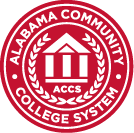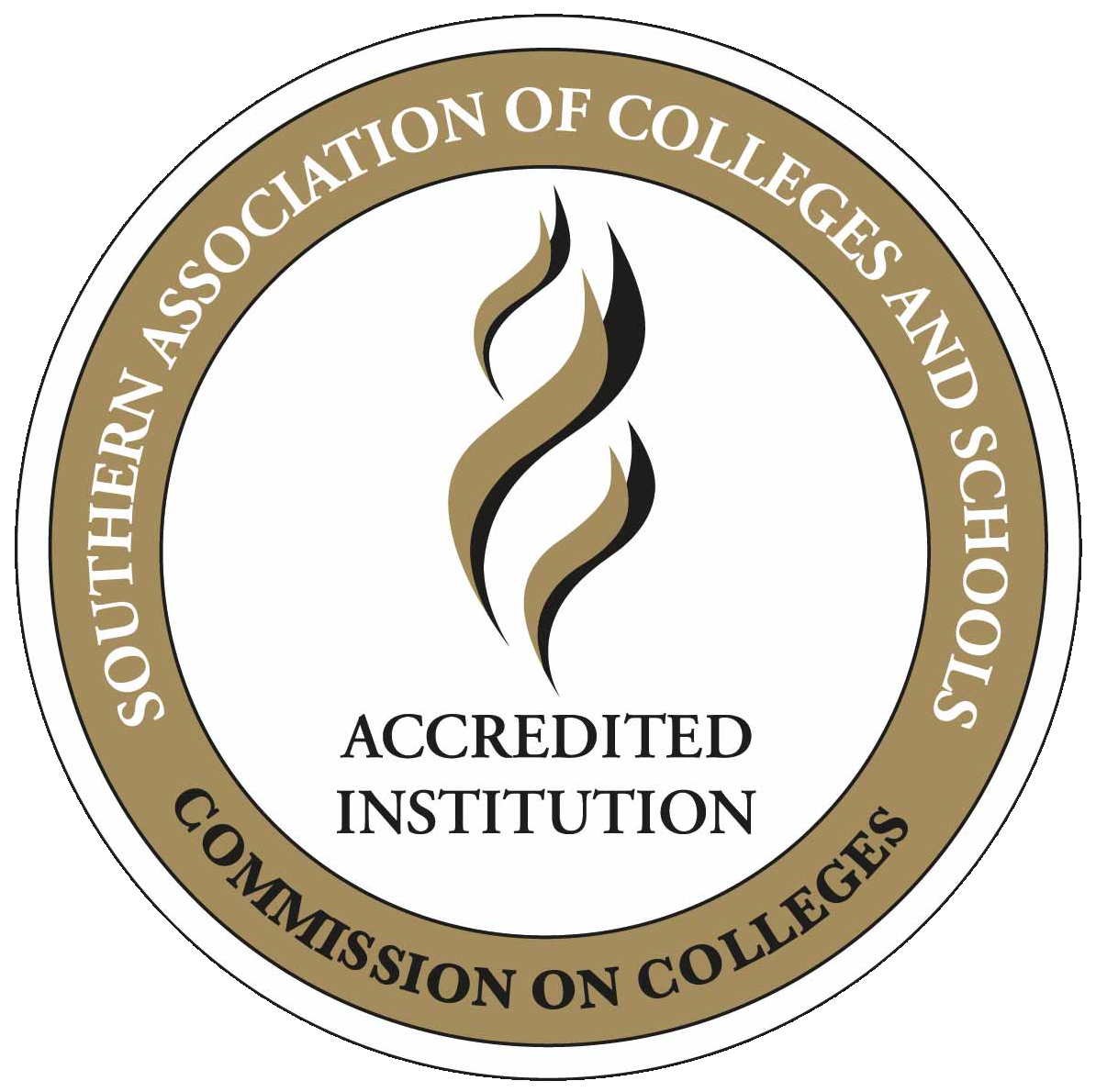Student Application Packet – Includes Information, Policies, and Guidelines – Click Here
What is Prior Learning Assessment?
Prior Learning Assessment (PLA) is a means for a student to receive college level credit for learning that took place in a non-traditional learning environment, such as on-the-job training, military training, professional development seminars, volunteerism, and experience in-field. PLA relies heavily on aligning learning gained through experience with outcomes found in traditional courses of higher education.
Colleges in the Alabama Community College System (ACCS) have the prerogative to accept transfer credit that has been determined to be acceptable for application to its programs. When making that determination, the college must document that the credit awarded represents collegiate coursework relevant to the associated program in scope, depth, and time consistent with course content and level of instruction. Student competencies must be at least equivalent to those of students enrolled in the college’s own programs of instruction, and with coursework taught by faculty members qualified to teach at the appropriate level.
PLA applies only to non-academic transfer courses. Credit awarded through nontraditional means for academic transfer courses may be awarded by examination or nationally recognized guidelines (AP, CLEP, ACT/PEP, DSST, Challenge Exams, ACE PONSI/CREDIT, ACE/MILITARY) or through other statewide programs identified by the Alabama Community College System office.
What must I do to apply for PLA?
To ensure optimum management and student opportunities, please comply with the following:
- The student must be admitted as a full-time or part-time student at Jefferson State Community College and meet all requirements for the program in which course credit for prior learning is being sought.
- The student must make application to Jefferson State Community College for prior learning through the PLA Specialist.
- The PLA Specialist will guide the student through the process and will be the point of contact for all questions concerning PLA.
- Students are referred to an instructor in the area of the student’s interest to recommend evaluations necessary to determine the student’s level of expertise in the course(s).
- An instructor will evaluate the student’s knowledge, skills, and experience in the program field to determine if the student should be considered for PLA credit.
- Upon completion of evaluations, the candidate will be informed of recommendations for award of credit or course work needed.
- All documentation of the PLA process, including evaluation results must be maintained in the student’s file by the PLA specialists and other college officials as necessary.
Who is involved in the PLA process?
Prior Learning Assessment (PLA) Specialist
The PLA Specialist is the applicant’s advocate during assessment and will relay any requests and/or instructions from the evaluator(s). Responsibilities include:
- Orienting the applicant to the requirements and processes for PLA and completion of the application;
- Keeping students informed of progress and apprise them of the results;
- Coordinating with evaluators for all necessary assessments;
- Ensuring that timely reporting to applicant is maintained; and
- Maintaining PLA documentation and statistics for reporting purposes.
PLA Contact
[email protected] or 1-888-453-3378
Student
The student’s responsibilities include the following:
- Meeting with the PLA Specialist;
- Completing the PLA application;
- Providing any documentation that supports application for PLA;
- Taking all knowledge and skill evaluations required; and
- Paying any associated fees.
Evaluators
The Evaluator’s responsibilities include the following:
- Determining student’s knowledge and skills and recommend any required written and/or skill evaluations;
- Administering relevant evaluations and recommend course credit based upon the student’s evaluations; and
- Forwarding relevant documentation to PLA Specialist for further processing.
Additional Information
Credit Awarded Through Non-Traditional Means: General
- College credit may be awarded through nontraditional means (i.e., credit awarded for prior learning from which the skills that comprise courses – terminal objectives – are mastered to an acceptable degree of proficiency)
- Credit awarded through nontraditional means for academic transfer courses may be awarded by examination, nationally recognized guidelines (AP, CLEP, ACT/PEP, DANTES, Challenge Exams, ACE PONSI/CREDIT, ACE/MILITARY) or through other statewide programs identified by the Department.
- The College will accept for credit a score of 3 or higher on Advanced Placement subject examinations.
- Credit awarded through nontraditional means for non-academic transfer courses may be awarded through portfolio review by a prior learning assessment specialist at the college, through statewide articulation agreement for career and technical students or other statewide programs identified by the System Office.
- Not more than 25 percent of total credit required for any program may be awarded through nontraditional means. Credit awarded through nontraditional means is not applicable toward the minimum of 25 percent of semester credit hours that must be completed at the institution granting the degree.
- Nontraditional credit is not applicable for the 25 percent semester credit hours that must be completed at the institution granting the degree.
It is the official policy of Jefferson State Community College, that no person shall, on the grounds of race, color, disability, sex, religion, creed, national origin, or age, be excluded from participating in, be denied the benefits of, or be subjected to discrimination under any program, activity, or employment.



